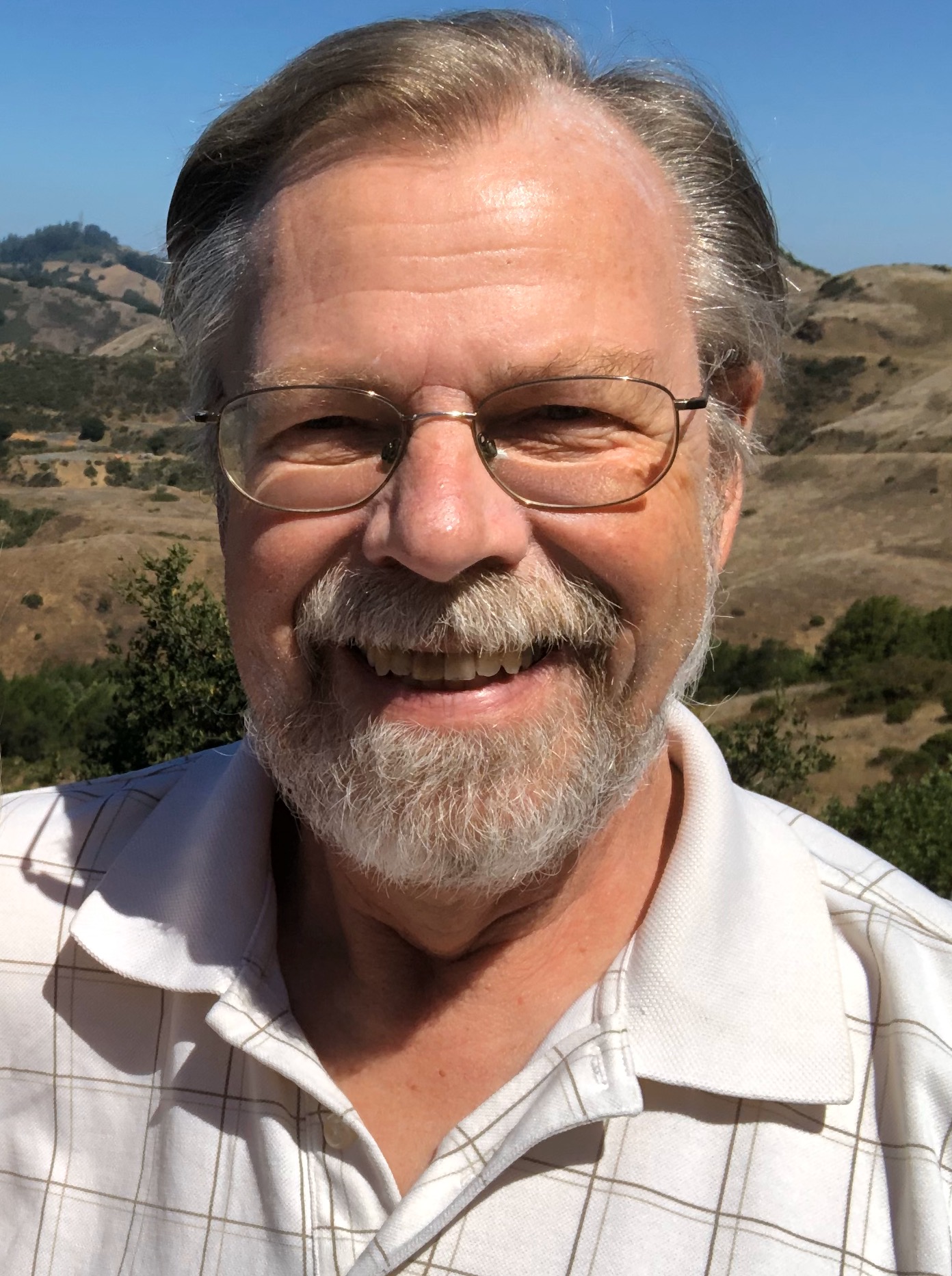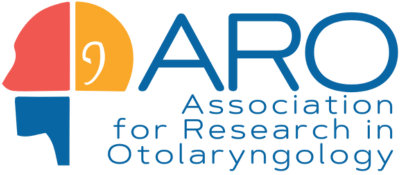Christoph Eberhard Schreiner, Ph.D, M.D.
 Christoph Eberhard Schreiner grew up in a small village in the woods of Northern Germany where his father practiced medicine. Living in a forest and with frequent outings accompanying his father and brother to observe wildlife at dusk and dawn instilled in him a life-long love of nature. Unsurprisingly, Christoph’s favorite subject in high school was biology, closely followed by math and physics. When it was time to select a professional field, however, the quantitative side won out and he started in 1969 to study physics at the University of Göttingen in Lower Saxony. Soon, he joined the Third Institute of Physics working under the tutelage of Prof. Manfred R. Schroeder, his first influential mentor. Prof. Schroeder worked on a wide range of topics, using innovative applications of mathematics to speech, hearing, and concert hall acoustics. There, Christoph learned rigorous quantitative methods and had his first encounter with the concept of modulation transfer functions. However, several projects in the Institute also had links to biology and he chose to write his Masters and Doctoral theses on the psychophysics of the interactions of non-simultaneously presented sounds. This period established his life-long fascination with the sense of hearing.
Christoph Eberhard Schreiner grew up in a small village in the woods of Northern Germany where his father practiced medicine. Living in a forest and with frequent outings accompanying his father and brother to observe wildlife at dusk and dawn instilled in him a life-long love of nature. Unsurprisingly, Christoph’s favorite subject in high school was biology, closely followed by math and physics. When it was time to select a professional field, however, the quantitative side won out and he started in 1969 to study physics at the University of Göttingen in Lower Saxony. Soon, he joined the Third Institute of Physics working under the tutelage of Prof. Manfred R. Schroeder, his first influential mentor. Prof. Schroeder worked on a wide range of topics, using innovative applications of mathematics to speech, hearing, and concert hall acoustics. There, Christoph learned rigorous quantitative methods and had his first encounter with the concept of modulation transfer functions. However, several projects in the Institute also had links to biology and he chose to write his Masters and Doctoral theses on the psychophysics of the interactions of non-simultaneously presented sounds. This period established his life-long fascination with the sense of hearing.
One basic truth quickly became obvious to him: psychophysical phenomena ultimately must be understood on the basis of the biophysics and physiology of the sensory system. To broaden his perspective on human physiology, Christoph enrolled in medical school right after attaining his Masters degree (Diplom) in 1974. Moreover, after finishing his physics PhD in 1977, he joined the laboratory of Prof. Otto Creutzfeldt, at the Max-Plank-Institute (MPI) for Biophysical Chemistry in Göttingen, as his first post-doc to embark on actual physiological studies of the auditory system. Prof. Creutzfeldt, his second influential mentor, was a renowned visual neuroscientist, but wished to further develop the study of the auditory system in his Institute. Christoph learned from him the art of complex physiological experiments, and the value of utilizing different levels of analysis, from local, intracellular to cellular to more global, hierarchical levels of resolution. In addition, the Creutzfeldt group, that included the rising stars of Sakmann, Neher, and von der Malsburg, had frequent illustrious visitors (e.g., Eccles, Hubel, Katz) from the world of neuroscience who always provoked deep discussions in the group from neuromathematics to neurophilosophy. In this fertile atmosphere, Christoph wrote his Doctoral Thesis in Medicine about the interaction of non-simultaneously presented sounds in the auditory thalamus and cortex.
After finishing medical school in 1980, Prof. Creutzfeldt suggested that Christoph accept a one-year post-doc in the auditory neurophysiology laboratory of Prof. Michael Merzenich at the University of California, San Francisco (UCSF), in preparation for taking charge of the Auditory Group at the MPI. This suggestion proved to be of great significance for Christoph’s future life in many ways. First, the Merzenich group, at that time, was engaged in two developments of major impact: they were in the process of developing a multi-channel cochlear implant device and testing it with the first set of patients, achieving highly promising initial results. Second, Dr. Merzenich was establishing, in the somatosensory system, the essential role of experience and life circumstances on the functional and structural organization of cortical fields. Thus, Prof. Merzenich became his third influential mentor by emphasizing the need for careful mapping of target structures and exploiting the role of plasticity in understanding the mechanisms of auditory processing and perception. And last, but not least, while working in the Coleman Laboratory at UCSF during that year, he met his wife, Marcia, an audiologist and fellow auditory neuroscientist. After he returned to the MPI in Germany for a year or so, he decided to follow his heart and returned to the Coleman Laboratory at UCSF where he rose through the academic ranks over the next 35+ years.
By further developing and applying the principles instilled in him by his mentors, and in collaboration with many bright and talented students and postdocs, his work illuminated many key aspects of auditory cortical information processing and their subcortical origins. Major topics include the principles of information transfer and transformation from synaptic to spiking activity, from thalamus to cortex, and from single neurons to coordinated neuronal ensemble activity. A central aspect of many studies was the focus on stimuli with a complexity somewhere between simple sounds, like tones and noise burst, and natural sounds, like vocalizations, in the form of parametrically accessible temporal and spectral stimulus modulations. A number of studies established fundamental aspects of the expression and mechanisms of maturation and experience-driven plasticity in auditory cortex. This was further aided by congenial and inspiring collaborations with the neuroanatomist Prof. Jeffery Winer at UC Berkeley starting in the late nineties. That collaboration also resulted in two jointly conceived and edited books that summarized the basic structure and function of the mammalian Inferior Colliculus and Auditory Cortex.
Supported by the NIH for more than 30 years, he reciprocated by serving on numerous grant review panels, chairing the AUD study section, serving on the NIDCD Council, and representing NIDCD on the Multi-Council Work Group of the BRAIN initiative. He also served for many years on the Tinnitus Research Consortium, a privately funded effort to enhance research into the mechanisms of tinnitus, and as the chair of the scientific advisory board of the large German research cluster ‘Hearing4All’, a broad effort of basic, translational, and applied research to enhance rehabilitative audiology. Another rewarding activity in his profession that he enjoys is mentoring students, post-docs, and junior faculty in his own department, as well as in the neuroscience and bioengineering graduate programs at UCSF and UC Berkeley.
Aside from his professional work, Christoph enjoys world- and science history, antique books, classical music (and some jazz), piano-playing as well as exploring foreign lands. But spending as much time as possible with his wife, and daughter Christina, brings him the most joy.
